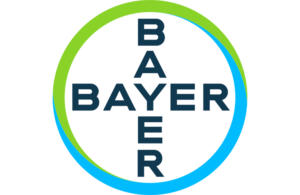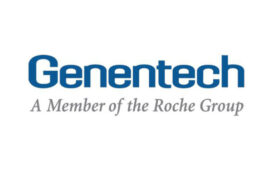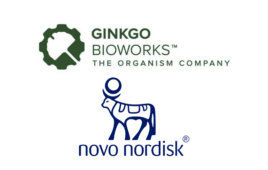 Bill Anderson, who assumed leadership of Bayer in June, is eyeing cuts to the company’s mid- and upper-management. In addition to the cost-savings, Anderson expects the cuts to streamline decision-making. The moves are part of Anderson’s first step in bolder initiative to revamp Bayer’s operational dynamics in the face of investor pressures.
Bill Anderson, who assumed leadership of Bayer in June, is eyeing cuts to the company’s mid- and upper-management. In addition to the cost-savings, Anderson expects the cuts to streamline decision-making. The moves are part of Anderson’s first step in bolder initiative to revamp Bayer’s operational dynamics in the face of investor pressures.
It is relatively rare for an American to lead a major German company. One notable precedent was Bill McDermott at SAP, who made history of the first American CEO of the software company in 2014. At the helm of the software giant, McDermott touted cloud-based evolution, helped introduce the in-memory database platform SAP HANA, prioritized a customer-centric approach, and championed sustainability initiatives.
Anderson, much like McDermott, appears to have bold moves in mind at Bayer. In addition to the cost-savings, he expects these cuts to streamline decision-making. This approach reflects Anderson’s ambition to create a more agile and responsive corporate structure, prioritizing adaptability in the competitive pharmaceutical landscape as well as in the company’s crop science and consumer segments.
In his prior role as CEO of Roche Pharmaceuticals, Anderson also championed nimble management. “If you want to be a large company and not a dinosaur, you have to find a way to evolve quickly, to adapt, to change, to reinvent yourself,” he said in a 2022 interview with the The New Human Movement. The segment was titled “Busting bureaucracy with Bill Anderson.”
After Reuters announced the news on September 15, Bayer’s stock jumped 1.3%. Today, however, its stock was down 1.6% in afternoon trading.
Under prior CEO Werner Baumann’s leadership from 2016 to 2023, Bayer’s stock price saw a significant decline, dropping from €109.28 to €53.42. This period included the company’s controversial Monsanto acquisition, which Baumann championed. A rash of legal challenges related to the Roundup (glyphosate) weedkiller followed.

Bill Anderson
A prominent shift
Anderson’s approach to management and decision-making marks a prominent shift in Bayer’s strategy, aiming for a more agile and responsive corporate structure.
In the company’s Q2 earnings call — the first under Anderson’s tenure — the new CEO noted that ongoing glyphosate litigation continues to put pressure on its financial outlook.
Anderson expressed an intention to confront such challenges head-on, noting that “nothing is off the table.” “We’re creating an environment where the most difficult questions are the ones that we ask of ourselves, and we’re going after the answers with rigor, with objectivity, and with speed that our stakeholders deserve,” he continued. “We have an open mind and we’re leaving no stone unturned. And that’s the attitude we’re taking to our strategy and our structure.”
Part of that strategic revamp includes taking aim at dissolving bureaucratic structures, mirroring his tenure at Roche. Now at Bayer, under the strain of investor pressure to break up the conglomerate, Anderson also plans to transition from annual to 90-day budgeting cycles. He also plans to empower teams closer to customers to make business decisions.
“The litigation overhang, the corporate bureaucracy, debt levels, these all weigh on our ability to focus on the mission,” Anderson said.
During his tenure at Roche, Anderson stressed the need to tackle and reduce bureaucracy. “We need to do some bureaucracy busting,” he said in the aforementioned 2022 interview. At Roche, Anderson charged teams with finding more efficient workflows. Despite a decade-long focus on battling bureaucracy, challenges persisted, he noted. Describing an initiative to, for instance, compress a six-month budgeting process to four months, Anderson noted that despite initial efforts to streamline, bureaucratic processes often have momentum. An attempt to shave two months off a process might not have sufficient teeth. “Then four years later, guess what?” Anderson asked. “It’s seven months, right?”





Tell Us What You Think!